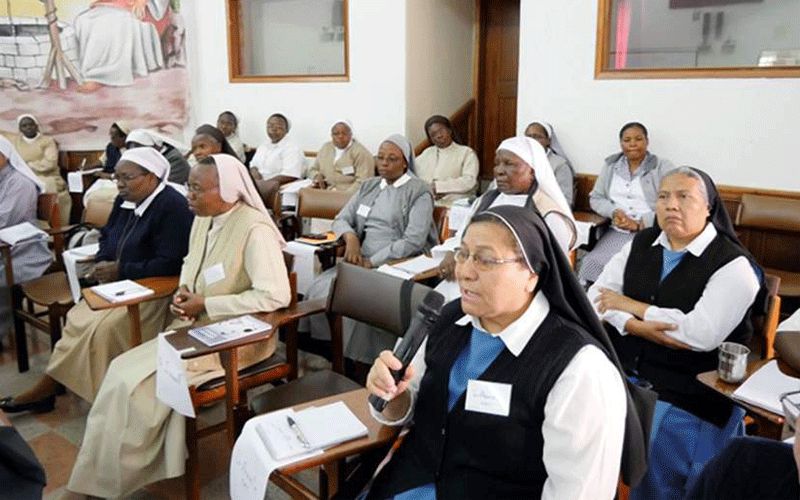Nairobi, 30 September, 2020 / 10:09 pm (ACI Africa).
Researchers participating in the just-concluded ten-day virtual International Consultative Research (ICR) conference have highlighted gaps and challenges in conducting studies that seek to examine the apostolate of Catholic Sisters globally, including those ministering in Africa.
The limitations and challenges were highlighted by a panel of researchers who, on the last day of the conference on Wednesday, September 30, presented their reflections on “what we heard” during the virtual conference that started September 21 under the auspices of two US-based organizations, the Center for Applied Research in the Apostolate (CARA) at Georgetown University and the African Sisters Education Collaborative (ASEC).
Sr. Lucy Dora Akello, a member of the Little Sisters of Mary Immaculate of Gulu (LSMIG) in Uganda noted that there is an investment gap when it comes to research on Catholic Sisters, which she attributed to either a lack of finances or skills. She proposed a way forward.
“To overcome this challenge, there is a need to mobilize resources and training personnel to carry (out) research,” Sr. Lucy who is a Senior Lecturer at Uganda Martyrs’ University said, adding that there is need for more “mentors and senior researchers to lead the research process.”
To bridge the skills gap, Sr. Lucy recommended training of researchers in writing fundable research proposals and training the potential researchers in both qualitative and quantitative research methods to enable them engage in complex research.








